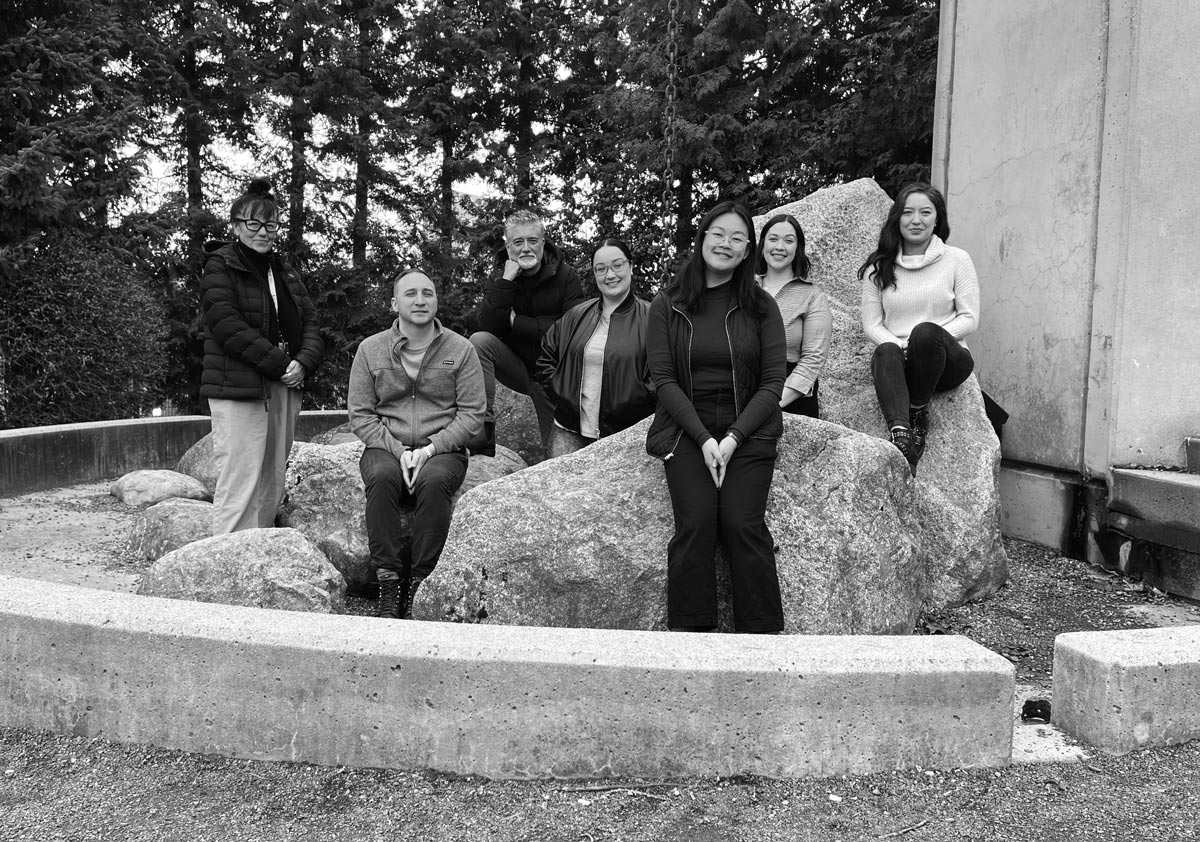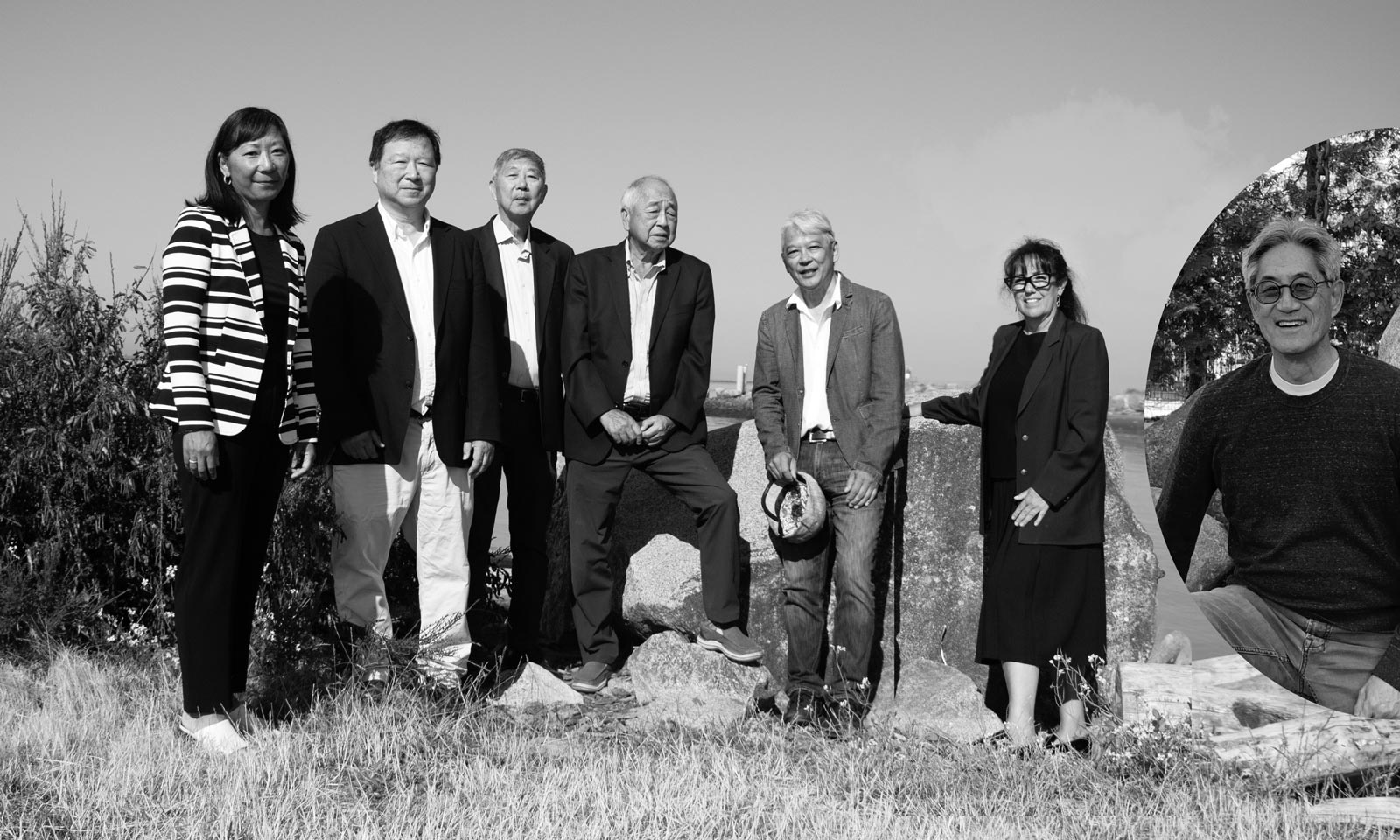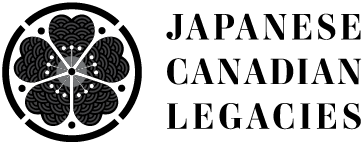BC Redress: Confronting Race, Economics, and Power
“The Government of British Columbia acknowledges the hardships and trauma people suffered because of government inaction and action before, during and after the war. We know that healing the wounds of the past is a long process. Across government and together with our partners, we are focused on honouring the diversity and contributions of all communities to the B.C. that we live in today. It is more important than ever that we learn from the mistakes of the past and acknowledge historical injustices. And to not let any power or persuasion deter us for standing up for our fellow citizens and protecting the human rights we hold dear.”– Premier John Horgan, May 21, 2022
On May 21, 2022 then-Premier John Horgan stood before the Japanese Canadian community in the Martial Arts Centre in Steveston and publicly acknowledged the British Columbia Government’s central role in the systematic abrogation of rights of over 22,000 Canadians of Japanese descent, over 70% of whom were born in Canada. Overnight families lost their homes, livelihoods, possessions and relationships. The Government’s actions – the detention, incarceration, permanent dispossession, and exile of over 22,000 men, women and children – resulted in the largest mass exodus of a people in Canadian history. Accompanying the acknowledgment was a pledge by the Premier of a $100 million historic wrongs package framed around the injustices perpetrated on the Japanese Canadian community based on racist and xenophobic policies. Says Japanese Canadian Legacies Society (JCLS) CEO Susanne Tabata, “Horgan’s pledge demonstrated that this Government is fully aware of how former BC Governments used race, economics, and power to push Japanese Canadians into leading diminished lives.”
The Premier’s announcement of the historic wrongs framework solidified and formalized a relationship between the Government and the Japanese Canadian community to work together to realize and produce a set of legacy initiatives with the goal of healing through acknowledgment and concrete action in the form of services and programs to the Japanese Canadian community and beyond. A six-fold framework of legacy pillars formed the historical wrongs package: Monument; Education; Seniors Health & Wellness; Community & Culture; Heritage; and Anti-racism.
At the time of the announcement no agreements were in place but over the ensuing months negotiations with the Government, led by then-NAJC BC Redress lead Susanne Tabata, resulted in two agreements: a September 2022 funding for Community, Heritage, and Education, and an October 2022 grant for Health & Wellness – primarily for seniors. The JCLS was created to provide governance, oversight and to implement programs under the six pillars. Refer to jclegacies.com for a detailed background on BC Redress.
On March 28, 2024, the JCLS quietly completed the outstanding agreements with the province of BC, led by Premier David Eby – commitments to the building of the Monument and the increase of funds to the Community & Culture pillar, including supporting an additional intake of key streams of the Community Fund.
The official start of the Monument in Victoria marks a defining moment in our community. Containing a wall of names listing the names of the 22,000 individuals impacted by Government actions in the 1940s, the Monument is in many ways at the heart of what we do: honouring our elders past and present who endured so much with fortitude and perseverance, and at the same time creating a lasting legacy for future generations. In situating the names on the Monument according to where they were displaced from – ranging the full length of the west coast – we acknowledge and honour the prewar community that contributed so much to the growth of this province, primarily through the resource sector – logging, mining, and of course fishing – only to have it all stripped away overnight. Schools and churches emptied. Towns decimated. All properties, businesses and belongings seized and sold to pay for their owners’ captivity in direct violation of promises to hold them for safe-keeping.
The Monument gives validation to the 22,000 Japanese Canadians whose lives were woven into the fabric of this province, and whose sudden absence continues to reverberate today. The 22,000 names ask us, how did this happen? And, more importantly, how can we prevent it from happening again?
Even after full rights of citizenship were extended to Japanese Canadians in April 1949, four years after the war ended, the community was forever changed, with less than half returning to the west coast to rebuild their lives and communities from the ground up. In doing this work, we acknowledge the many individuals and organizations across the Rockies who provided so much guidance as we worked to make first BC Redress and now JC Legacies a reality. The years of community engagement that were carried out across the country provided the backbone and validation for the work we continue to do.
Thank you to the NAJC, the boards and National Council, for taking the risk to do this work: Maryka Omatsu, Art Miki, Lorene Oikawa, Judy Hanazawa, Lynn Kobayashi, Kevin Okabe, Eiko Eby, Alex Miki, Keiko Miki, David Mitsui, Tosh Kitagawa, Bev Ohashi, Ken Noma, and many others. We will have more to share next month. Thank you!
JC Legacies: Building on an Anti-racism Framework
BC Redress, beginning with discussions in 2018 initiated by the National Association of Japanese Canadians (NAJC) and started in earnest in 2019, was built on the 2012 BC Apology led by BC MLA Naomi Yamamoto, setting out to redress historical wrongs of past BC Governments against more than 22,000 coastal-living Japanese Canadians.
In leading the push for BC Redress, the NAJC emphasized the point that the Government’s past actions and its role in the historical injustices suffered by Japanese Canadians before, during and after World War Two have never been fully redressed.
Said NAJC BC Redress Project Director Susanne Tabata in 2021 in a submission to the government, “The 2012 apology was a step in this direction, but fell far short of the full settling of the BC Government’s accounts with its history that has been raised time and again by members of our community. We need to do the difficult work of acknowledging the full scope of what was taken, and what was lost. What the majority of our community’s remaining survivors most want is that their experience be never again repeated. This acknowledgment is essential to restoring our community’s rightful place of dignity and respect within the broader BC community. And, by fully acknowledging the government’s past, BC redress can create a legacy that leaves British Columbia stronger, more unified, and more just.
“Deep grounding in anti-racism work is an historic thread that still links the Japanese Canadian community to the injustices suffered over 80 years ago.”
Anti-racism is one of the six thematic pillars of the BC Redress process. An element, or “ask”, in the negotiations with the Government leading up to BC Redress, was the creation of an independent, permanent and sufficiently-resourced anti-racism institution, whether housed at the OHRC or included as a stand-alone element of the new BC Anti-Racism Act. This request was fulfilled by the BC Government’s creation of a Parliamentary Secretary for Multiculturalism and Anti-racism Branch in the fall of 2020 to oversee anti-racism work in BC. This was viewed by the NAJC as a positive step forward in negotiations.


